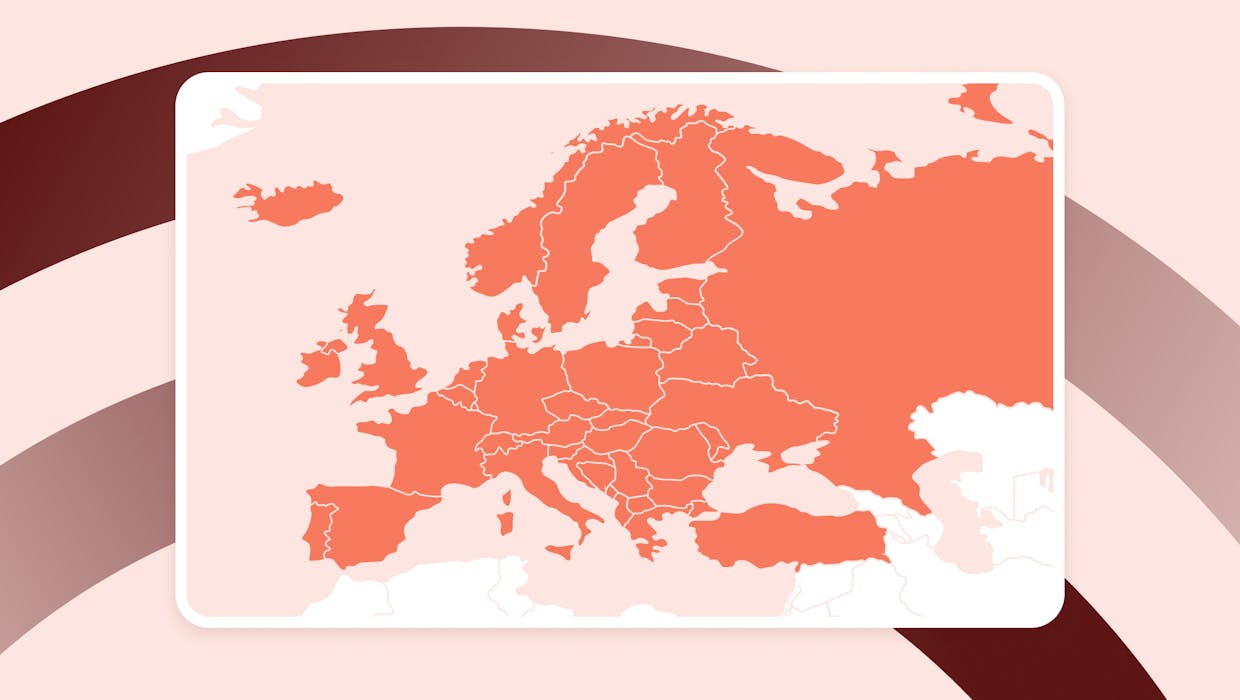
Operationalizing the EU ‘Right to Information’ for employees
One of the most impactful articles of the EU Pay Transparency Directive is Article 7, which grants employees the right to request and receive information about their pay. Crucially, when employers respond to these requests, they will need to provide not only individual pay data, but context: information about how the focal employee’s pay compares to the pay of others in similar roles.





















